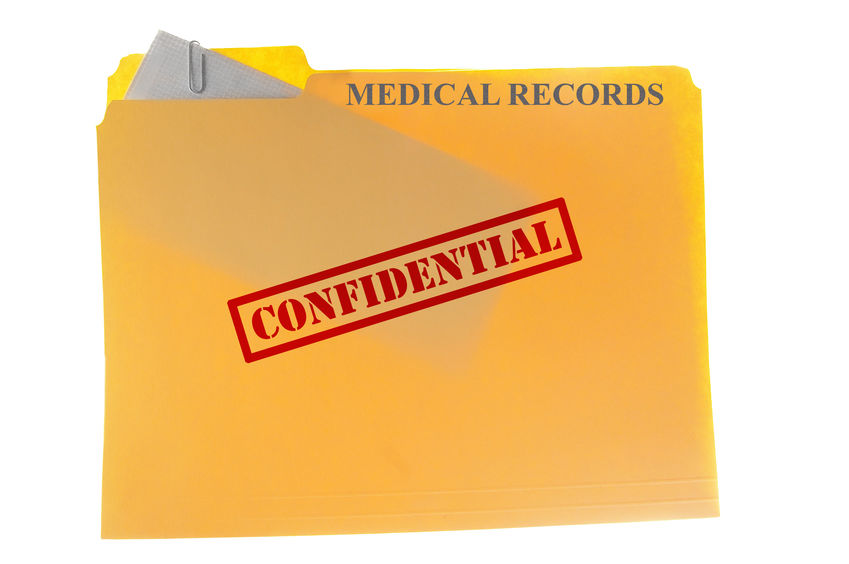
Health History for Nursing Assignment
Health histories are an important tool for nurses to gauge an accurate appraisal of patient information for diagnosis and treatment. Physicians working in hospital settings rely on the accuracy of health histories to make important decisions about the care of patients. Nurses must, therefore, be able to accurately identify important health histories for patient care to help resolve patient illnesses. More so, health histories are tools that hospital managers can also utilize to help identify the most effective way to improve the health of the patient. Here are some important aspects of health histories that we can provide for the nurse and/or nursing student:
The Importance of Health Histories:
Health histories are often used to provide an overall collection of patient data, which can help physicians diagnose and treat various illnesses or diseases.
More specifically, health histories comprise an array of physiological, biological, social, emotional, cultural, sexual, and demographic data that create an overview of the patient’s needs. In some cases, family members and relatives can also help the nurse provide a health history if the patient is incapacitated.
Health histories are important because they provide a highly structured format that nurses and physicians can utilize to help gauge the needs of the patient in the healthcare setting. More so, healthcare workers can also assist nurses in gathering this information to efficiently maximize patient care.
Formatting a Health History:
Health histories are usually formatted to provide specific details about the patient, which entails more explanatory methods of data collection for the nurse or physician. Here are some of the expanded formats for generating a health history:
- Patients can provide more updated complaints about medical issues, such as medication side effects, pain, bleeding, and other issues related to their own medical history
- Nurses and physicians can also directly interact with the patient to identify the timeline of patient complaints by understanding the onset of the illness, the levels of pain, and any other mitigating factors for treatment
- Nurses must also clearly outline the past medical history of the patient, since it can affect their reactions to medication and other treatments in the healthcare setting
- Identifying the social and economic factors of the patient, which help to verify complex issues, such as financial aid and social barriers to treatment
- Medication history is another format for health histories that must identify any aversion to drugs that may be considered for treating the illness
- In the case of female patients, information related to Obstetric and gynecological is crucial for nurses and physicians to diagnose and treat a disease or illness
The Benefits of Health Histories:
One of the most important benefits of an accurate health history is that it provides physicians with an accurate assessment of the needs of the patient. Nurses must be thorough when documenting a patient’s health history since it can be a key factor in treating a patient. Here are some benefits that can arise from providing a concise and thorough health history:
- Correctly identifying a diagnosis of the patient’s illness
- By providing the correct forms and doses of medication for the patient
- Revealing any type of genetic diseases that can alert physicians to provide more effective treatment plans
- Identifying the correct causality of the illness in order to implement an appropriate treatment plan
- By directly understanding the severity of the patient’s complaint in order to alleviate his or her suffering
- By being able to present an effective action plan to inform management, physicians, and nurses in a caregiving setting

